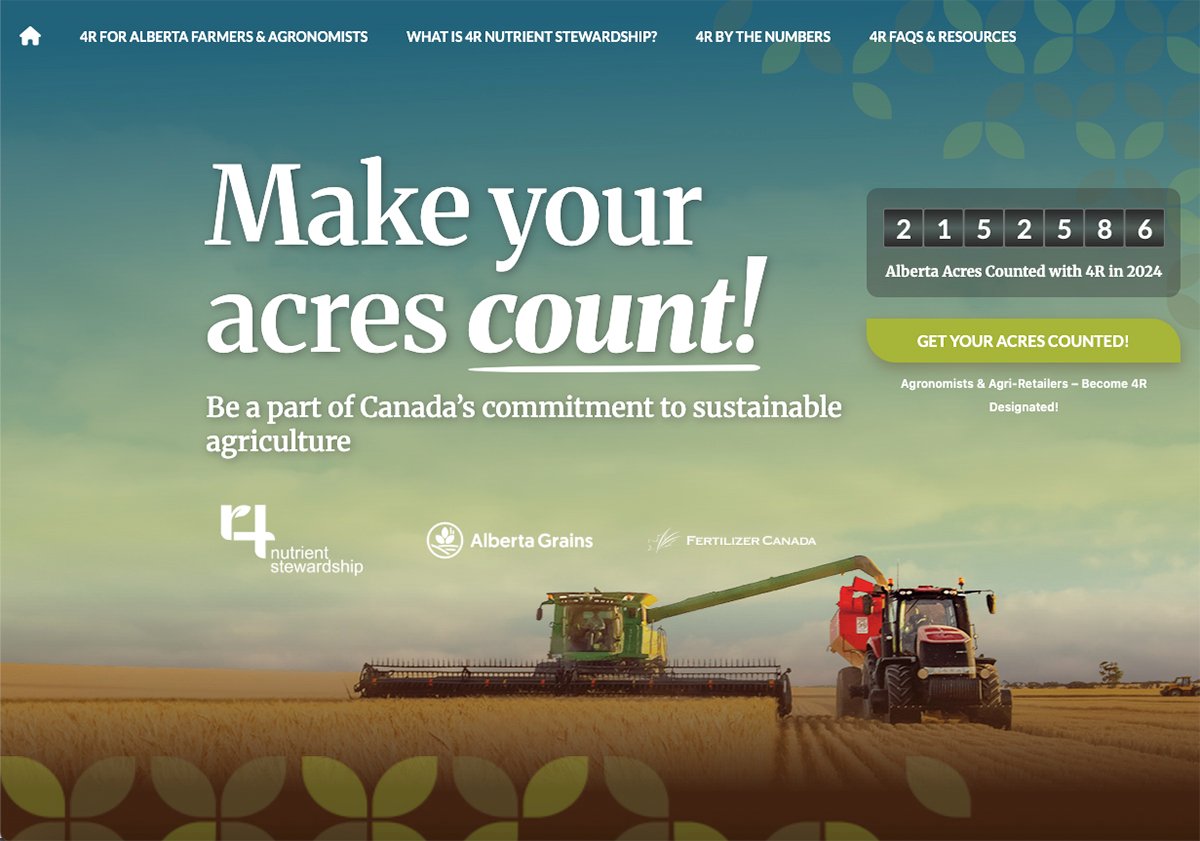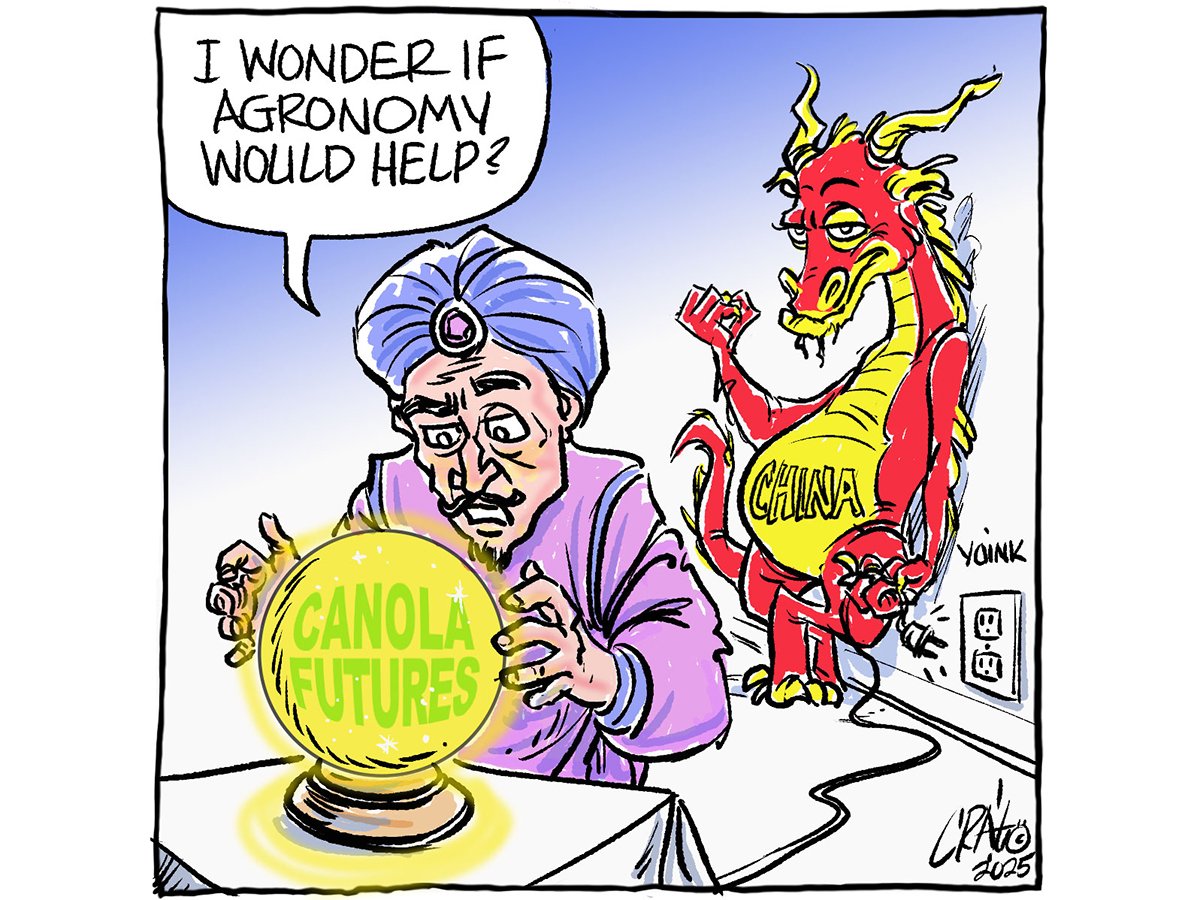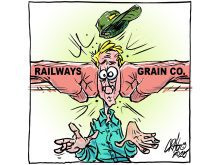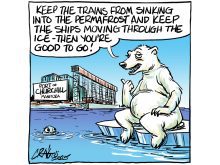In an age when independent agronomic information is becoming increasingly scarce, the Canola Council of Canada’s recent decision to abandon its field agronomy program must be seen as nothing less than a major blow to Prairie agriculture.
This is not meant to be a criticism of the council.
The decision to replace its agronomy focus with that of market development was made by a well-represented board, and it must be assumed that much thought went into the move.
Read Also

Fertilizer Canada-led campaign highlights environmental stewardship
Make Your Acres Count campaign aids Alberta farmers in getting recognized for their environmental stewardship in their crop production.
The council has built up an extensive network of agronomists across the Prairies, and they played a significant role in expanding Canada’s canola acres.
The council says the conditions in which this network was established no longer exist.
Instead of a new industry in which growing canola was an unfamiliar endeavour for many producers, today’s environment is much more mature. Farmers have now been growing the crop for decades, and one could make the argument that they no longer require as much agronomic assistance as they once did.
Instead, says the council, it’s now time to refocus its efforts on increasing the volume of Canadian canola to meet domestic and export markets, developing and defending Canadian markets for canola and canola products and strengthening co-ordination and engagement with industry partners.
These are all worthy goals, and the council makes a compelling argument when it says that a mature canola sector doesn’t need the same level of agronomic information as it did when it was first starting out.
As well, resources are still available to growers when they need them.
While many farmers may be suspicious of agronomic information offered by companies that at the same time are trying to sell them canola seed and other inputs, there is also a thriving independent agronomy sector on the Prairies, although farmers must pay for these services.
As well, some provinces have more independent agronomic services than others.
For example, while Alberta doesn’t have a provincial oilseed specialist, the Saskatchewan government employs a provincial specialist, a pathologist, regional specialists and Agriculture Knowledge Centre staff. As well, SaskOilseeds has its own extension specialist.
All of this is to say that the canola council’s decision to move away from field agronomy isn’t going to devastate the industry.
However, that said, it is still going to leave a gaping hole in the Prairies’ canola landscape.
The agronomists hired by the council and spread out across the Prairies were trusted by growers and seen as a reliable resource to which to turn when they had questions.
As well, an agronomist from Alberta recently told the Western Producer that he leaned heavily on the canola council’s specialists when he needed someone to validate an opinion or diagnosis.
Even this newspaper has relied on the information it received from canola council agronomists when covering the industry.
These top-notch experts had become an integral part of the canola industry, working with farmers and other agronomists and helping take the sector to where it is today.
The canola council’s new focus on markets will surely reap benefits, and growers will just need to be a bit more creative when looking for answers to their agronomy questions.
But make no mistake — the move is going to leave significant gaps in the business of growing canola.
Karen Briere, Bruce Dyck, Robin Booker, Paul Yanko and Laura Rance collaborate in the writing of Western Producer editorials.

















